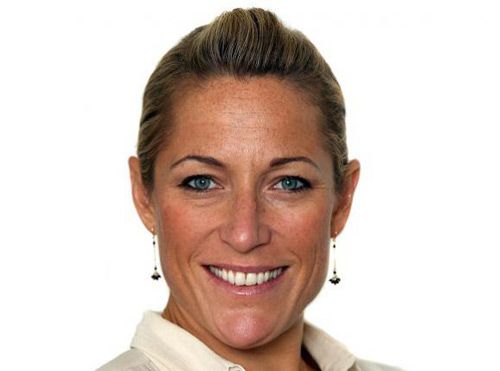

The Government has announced that it will not proceed with the zero carbon Allowable Solutions carbon offsetting scheme affecting house-building, or the proposed 2016 increase in on-site energy efficiency standards.
Announced as part of the wide implementation of new planning reforms, the reduction in carbon saving efforts is intended to remove regulation that could stand in the way of new homes being built. Instead, the Government will keep energy efficiency standards under review, saying that it recognises that existing measures to increase energy efficiency of new buildings should be allowed time to become established.
The decision has sent shockwaves through the energy efficiency sector, which has been planning for the zero carbon homes 2016 policy since it was first introduced in 2007. The scheme, which was reconfirmed by the Government as recently as the 2014 Queen’s Speech, was to be implemented through changes to Building Regulations in 2016, with the industry investing significantly to develop the designs and solutions to do so.
Dave Sowden, chief executive of the Sustainable Energy Association, said: “Industry has been disappointed time and time again by the Government’s lack of ambition on Zero Carbon Homes Policy and now a further backward step has been taken.
“The Government’s commitment to Zero Carbon Homes was intended to create a pathway to zero carbon buildings. This was an achievable target that industry had the ability to deliver if the Government had ever provided certainty.
“This failure to set a long-term vision for energy efficiency in buildings will result in higher fuel bills for consumers and also a huge bill for the future Governments dealing with retrofit improvements to poorly functioning buildings.”
Julie Hirigoyen, chief executive of the UK Green Building Council (UKGBC), said: “Let us be in no doubt this announcement is the death knell for zero carbon homes. It is short-sighted, unnecessary, retrograde and damaging to the house building industry which has invested heavily in delivering energy efficient homes. Britain needs more housing but there is no justification for building homes with a permanent legacy of high energy bills.
“The Government has not consulted the house-building industry sufficiently on this sudden announcement. This arbitrary and regressive action was not mandated by the Conservative Party manifesto. Just last year the Conservative-led coalition Government enabled the allowable solutions policy in legislation. This stop-start policy making approach gives industry no confidence in the Government’s vision for a low carbon economy and condemns new homeowners to higher energy bills.”
The damage this announcement is likely to have on business confidence is also expected to spread to the industry’s trust in the Government’s policy-making, with millions already invested in meeting the 2016 policy change expected to go to waste. According to UKGBC, £6.4m – including £3.2m of public funds – was invested in the AIMC4 project within which house-builders came together to pioneer low carbon homes to meet future energy efficiency standards.
Additionally, house-builder Stewart Milne invested £1m into the research and development of zero carbon homes.
Rob Lambe, managing director of house-builder Willmott Dixon Energy Services, said: “Since the original zero carbon announcement, Willmott Dixon has been supportive of setting a long term trajectory enabling industry to invest with confidence. This announcement seriously undermines industry confidence in government policy and will diminish future investment.”
The decision also goes against the recent progress report from the Committee on Climate Change, which recommended the Government should “implement the zero carbon homes standard without further weakening”, referring to the decision in June 2014 to water down the target to a 44% reduction on 2006 standards.
However, the Federation of Master Builders (FMB) has claimed the decision to remove “unnecessary” zero carbon standards for new homes will boost the supply of housing via small and medium-sized (SME) house-builders.
Sarah McMonagle, head of external affairs at the FMB, said: “The UK’s new homes have never been so energy efficient but the target for all new homes to be zero carbon by 2016 was overly ambitious. The attempt to get down to the ‘zero’ of ‘zero carbon’ threatened to impose significant additional costs on SME house-builders – in short, this would have held back their ability to build more new homes.
“The Government is therefore right to remove the unnecessary zero carbon standards which threatened to perpetuate the housing crisis.”
Ms. McMonagle added: “Arguably, when it comes to reducing the UK’s carbon emissions, our new homes are not the real issue – what we must focus on is our improving our existing homes. Refurbishing our existing homes is a far more cost effective way of tackling carbon reduction compared with trying to push for ‘zero carbon’. Considering we have some of the oldest and least energy efficient housing stock in Europe, the new Government is showing little to no interest in improving it.”



